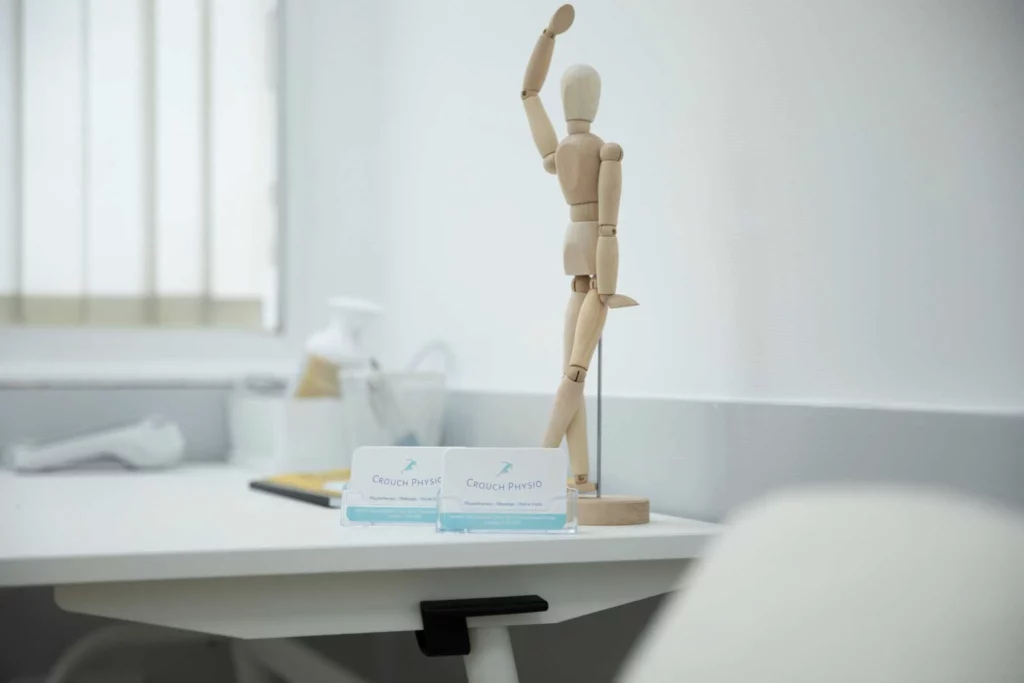So, you’ve been out of the gym for a while, whether it was a break for recovery, life getting in the way, or just falling out of the habit. Now you’re ready to jump back in and get moving again. That’s brilliant! As a physiotherapist, I’m here to give you some practical advice on how to return to the gym without overdoing it or risking injury.
Start Slow, Stay Consistent
First off, let’s talk about pacing. It’s tempting to pick up where you left off or push yourself hard to “make up for lost time.” Don’t. Your body needs time to readjust to the demands of exercise. Start with lighter weights, shorter sessions, and fewer sets. Consistency beats intensity when you’re getting back into the swing of things.
Warm Up Like You Mean It
A proper warm-up is non-negotiable. Five to ten minutes of light cardio, dynamic stretches, or mobility drills can prepare your muscles and joints for the work ahead. Think of it as your body’s “activation” time. It also helps reduce the risk of sprains and strains, and trust me, that’s a road you don’t want to go down (1).
Listen to Your Body
Here’s the golden rule: listen to your body. Muscle soreness is normal, but sharp pain is not. If something doesn’t feel right, stop and reassess. Your body’s giving you feedback, and it’s your job to pay attention.
Focus on Form
When you’re easing back in, prioritise form over everything else. Proper technique is key to building strength and avoiding injury. If you’re unsure about your form, consider working with a trainer or even filming yourself to review your movements (2).
Don’t Skip Recovery
Recovery is just as important as your workouts. Sleep well, stay hydrated, and make sure you’re fuelling your body with good nutrition. Adding some light stretching or foam rolling post-workout can help keep soreness manageable and improve flexibility (3/4).
Work Smarter, Not Harder
Consider incorporating exercises that support overall movement and stability. Core work, balance drills, and functional movements can enhance your overall fitness and protect you from future injuries. And hey, if something feels off, don’t hesitate to check in with a physiotherapist.
The Progressive Overload Principle
If you want to build strength, endurance, or muscle, the progressive overload principle is your best friend. It’s all about gradually increasing the demands placed on your body over time. This could mean adding a little more weight, performing an extra rep, or increasing the duration of your workouts (5). The key is to make small, manageable changes that push your body just beyond its current limits. Doing this consistently encourages your muscles and cardiovascular system to adapt, getting stronger and more resilient. Just remember, balance is crucial, pushing too hard too fast can lead to burnout or injury.
Celebrate Small Wins
Finally, celebrate the little victories! Made it to the gym twice this week? Brilliant. Completed a workout without feeling like you overdid it? Fantastic. It’s these small wins that keep you motivated and moving forward.
Getting back to the gym can feel daunting, but with a little patience and a lot of self-compassion, you’ll find your groove. Remember, the goal isn’t perfection, it’s progress. And if you ever feel stuck, injured, or unsure, you’ve got people like me ready to help. Now, go smash that workout!
Our Barnet, Cockfosters & Enfield Physio’s have tons of experience and are specialists in returning clients to sport. Have confidence that our specialist Physiotherapists will closely assess, diagnose & treat you in the correct & evidence-based way for all injuries. You can book an appointment here.
Blog By: Emre Oz (Musculoskeletal Physiotherapist at Crouch Physio).
References
- McGowan, Courtney J., et al. “Warm-up strategies for sport and exercise: mechanisms and applications.” Sports medicine 45 (2015): 1523-1546.
- Rippetoe, Mark. “Bad Form.” (2007).
- Shirreffs, Susan M., and Ronald J. Maughan. “Rehydration and recovery of fluid balance after exercise.” Exercise and sport sciences reviews 28.1 (2000): 27-32.
- Beck, Kathryn L., et al. “Role of nutrition in performance enhancement and postexercise recovery.” Open access journal of sports medicine (2015): 259-267.
- Plotkin, Daniel, et al. “Progressive overload without progressing load? The effects of load or repetition progression on muscular adaptations.” PeerJ 10 (2022): e14142.




